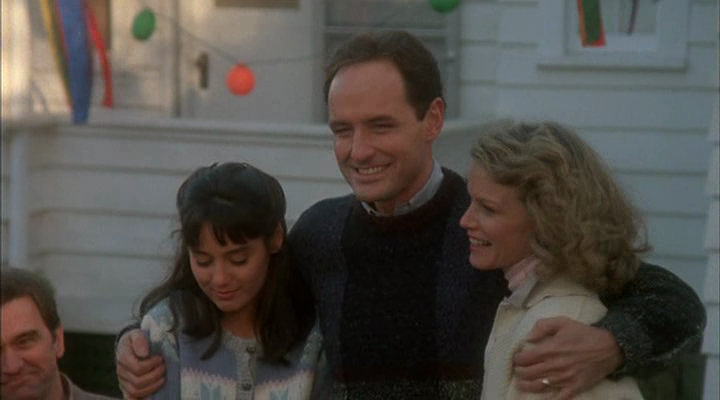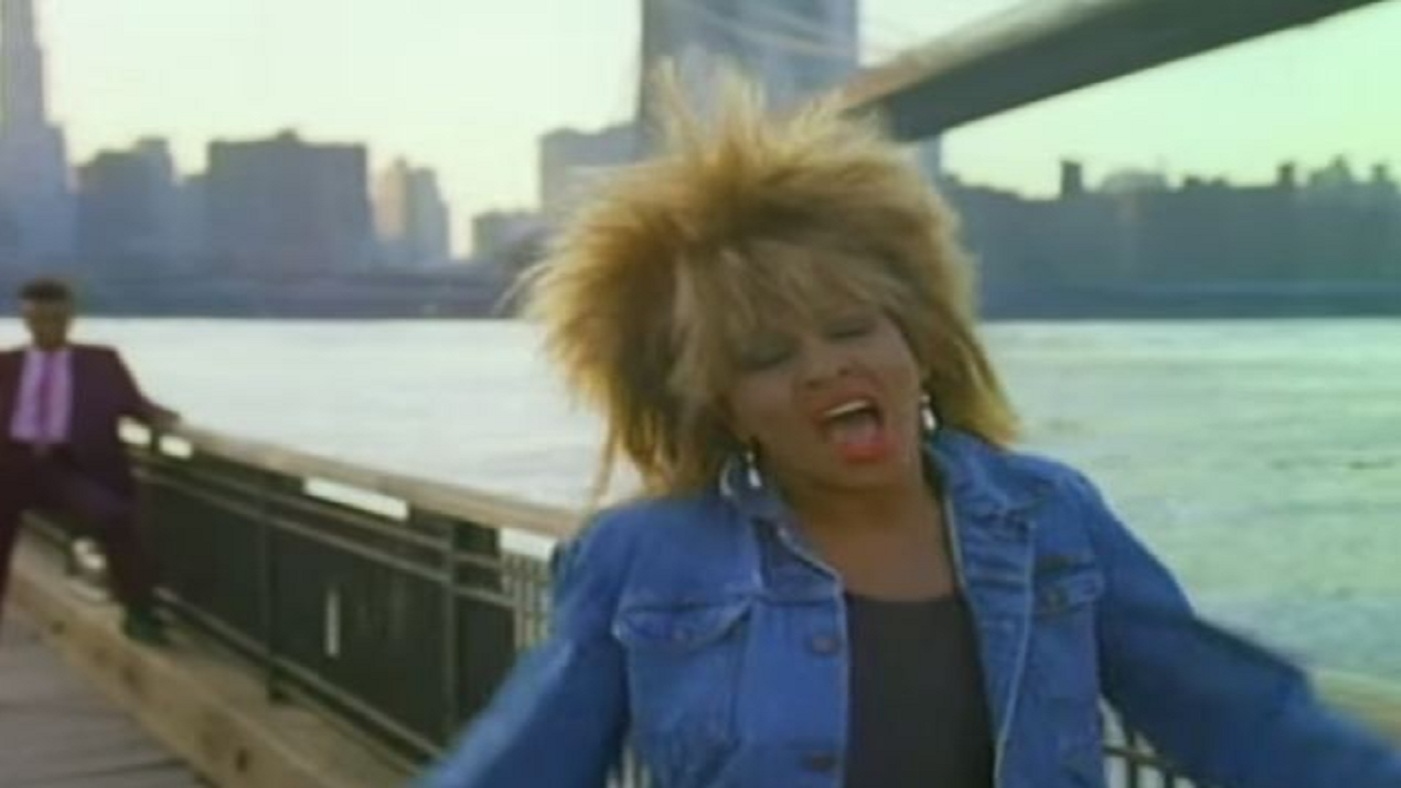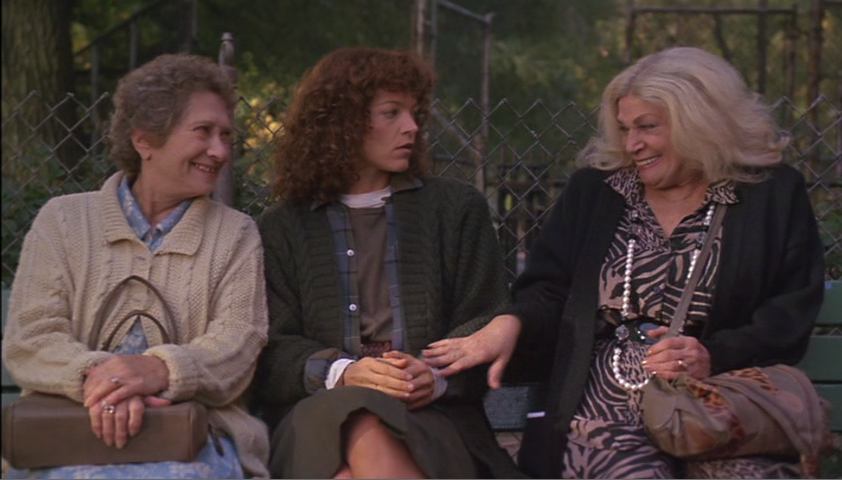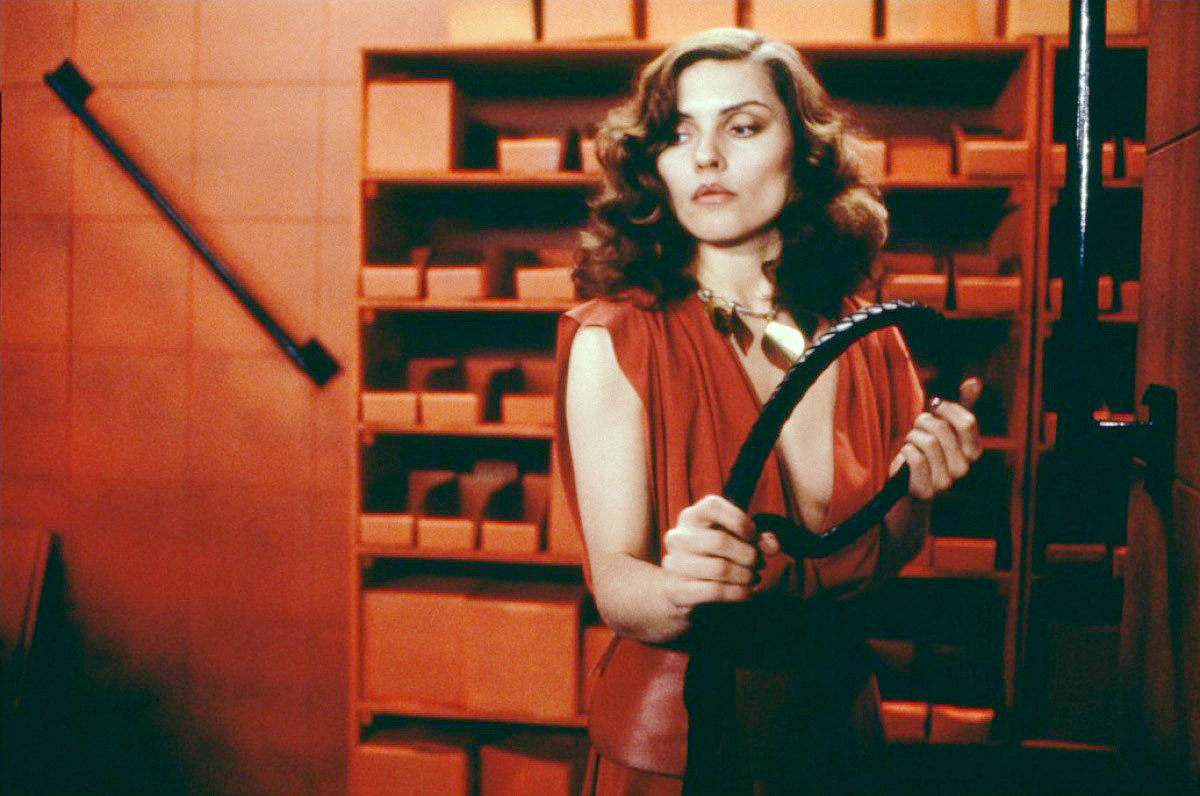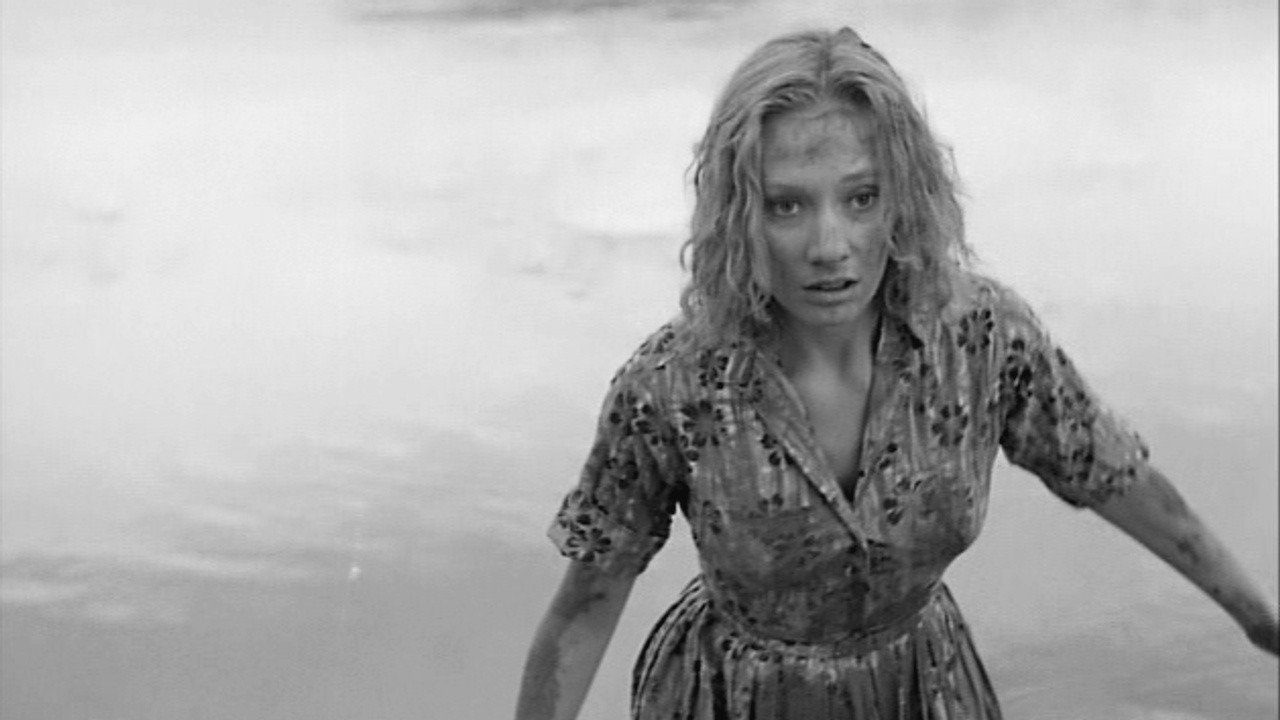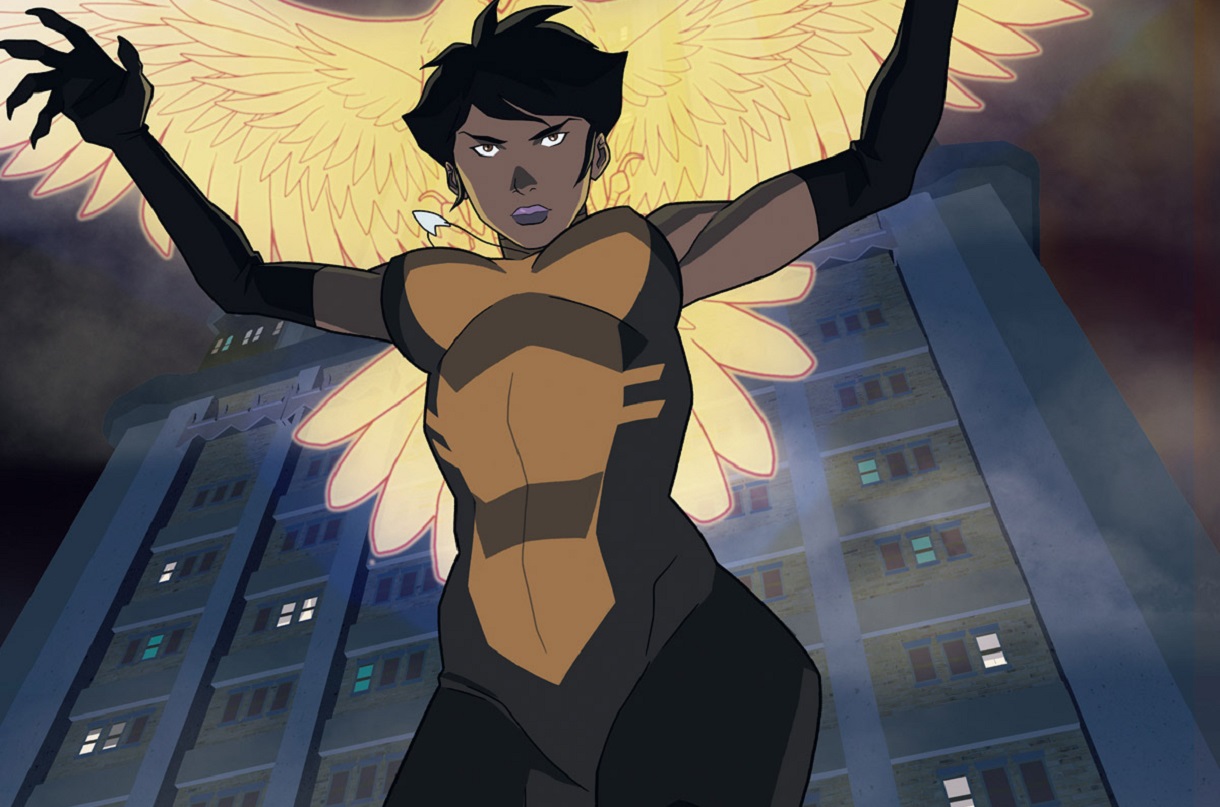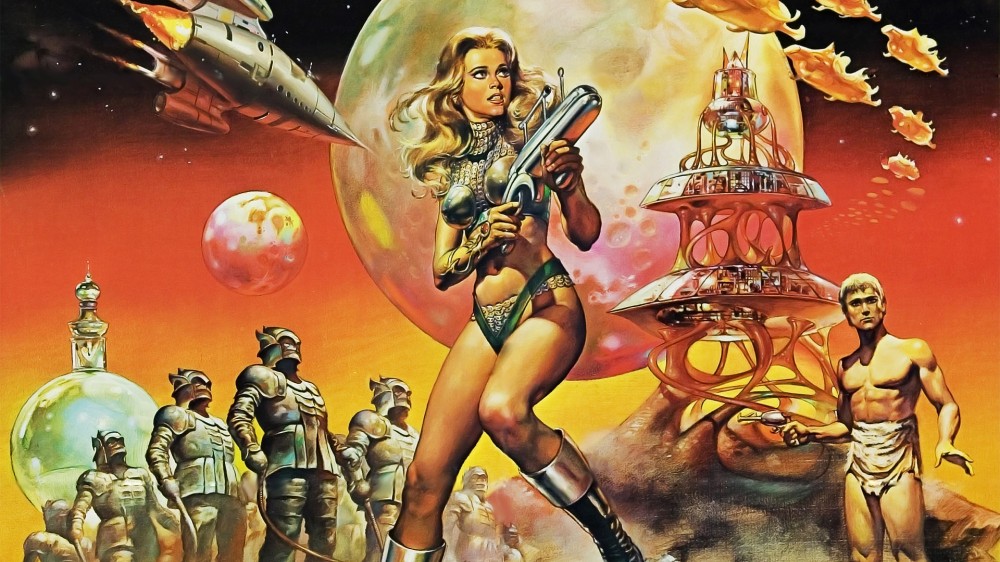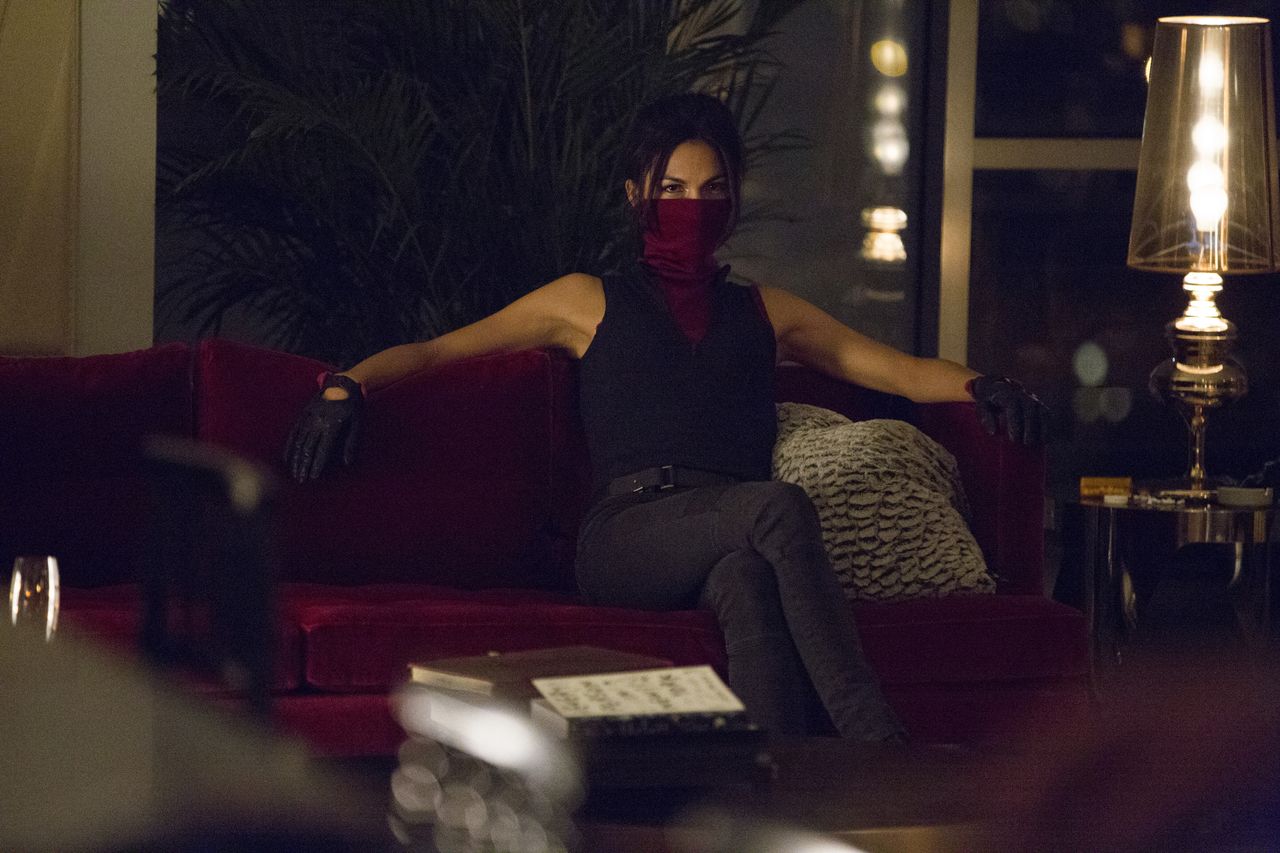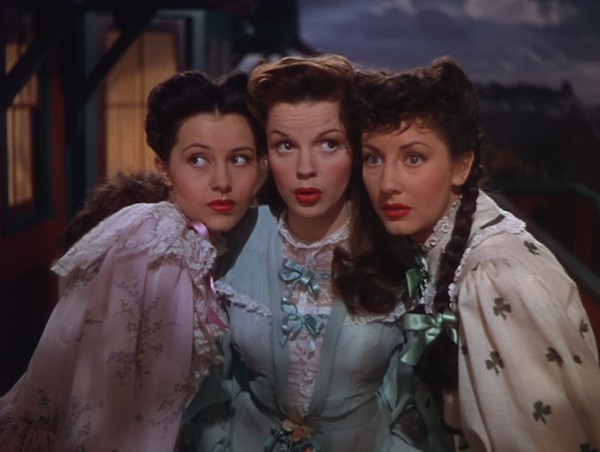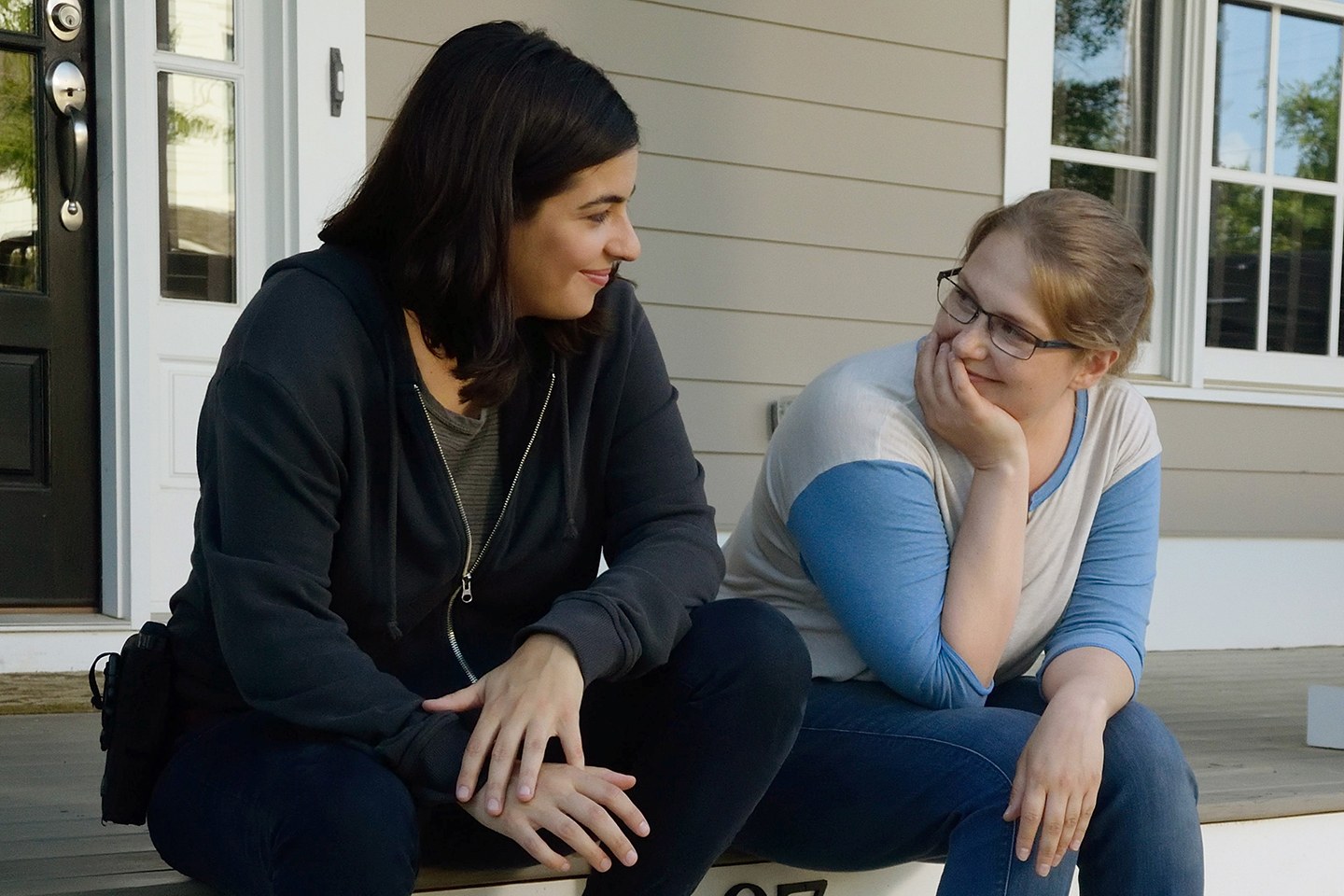‘The Stepfather,’ Toppling Patriarchy, and Love of 80s Horror Ladies
Stephanie emerges as a poised, perspicacious, and resilient female lead. She is a wonderfully surprising alternative from most of the panoply of horror heroines who are tortured, fight, and scream their way through the terrifying films of the 80s. … Stephanie embodies what each of the archetypally male characters in the film fails to, and in doing so transcends the clutches of gender expectations in the film…
